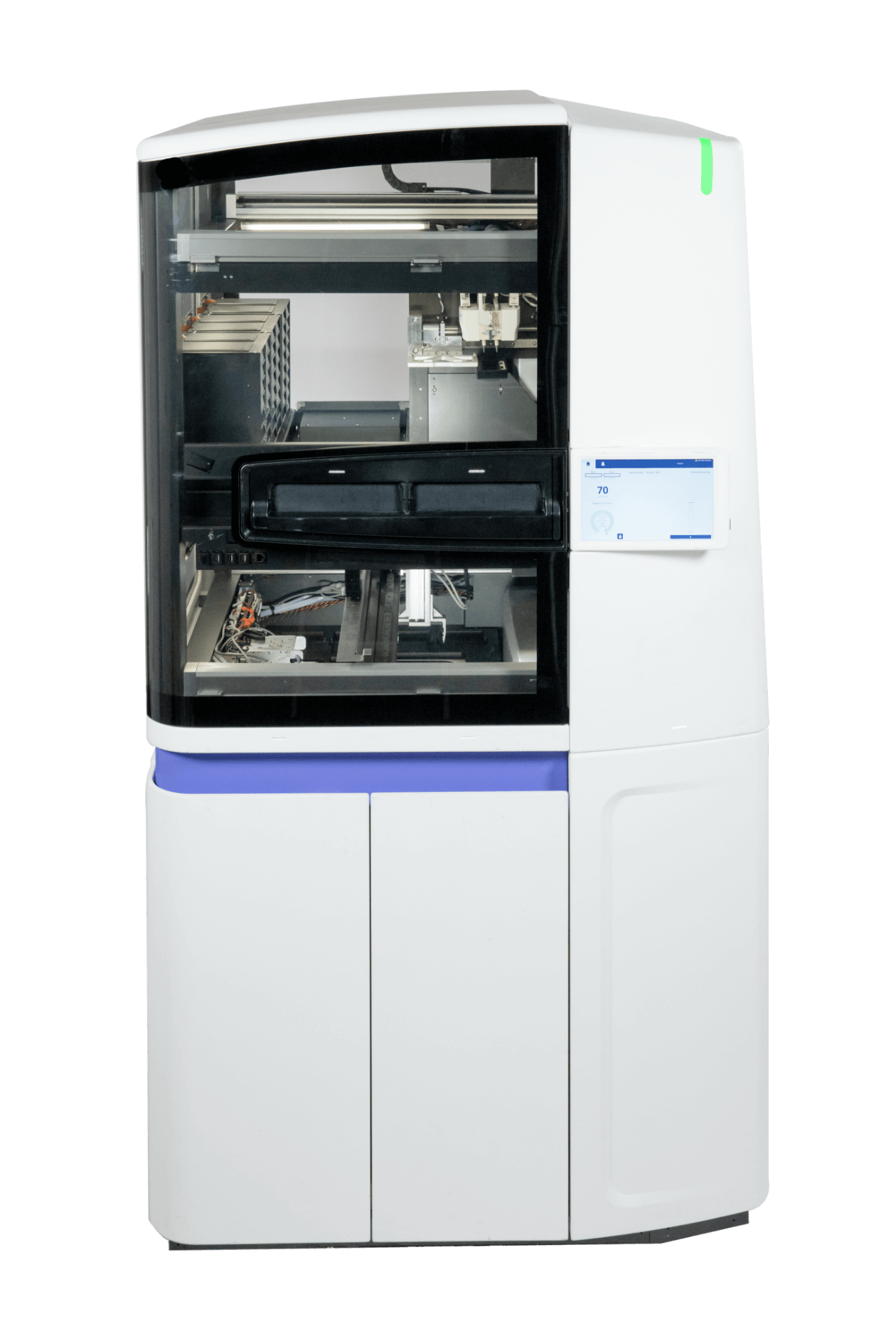Panels
Discover

To preserve the lifesaving power of antibiotics we need faster diagnostic results, susceptibility testing on all sample types, testing against all commercially relevant antibiotics at one time, and a commitment to updated breakpoints.
Learn More
Learn More
Learn More

Of antibiotics used in hospitals are either unnecessary or are prescribed incorrectly.

Every 15 minutes someone new dies of an antibiotic-resistant infection.

The year by which superbugs are expected to surpass cancer as a leading cause of death.